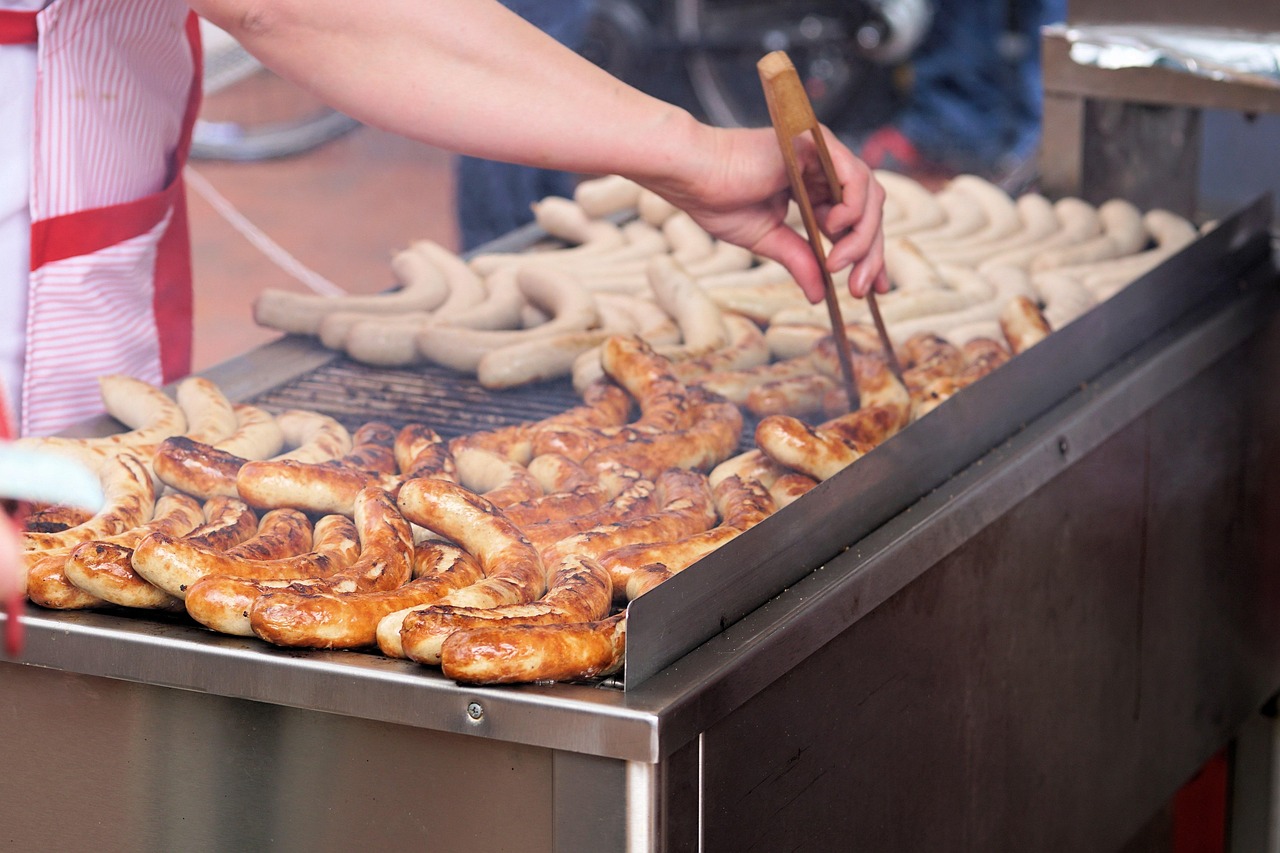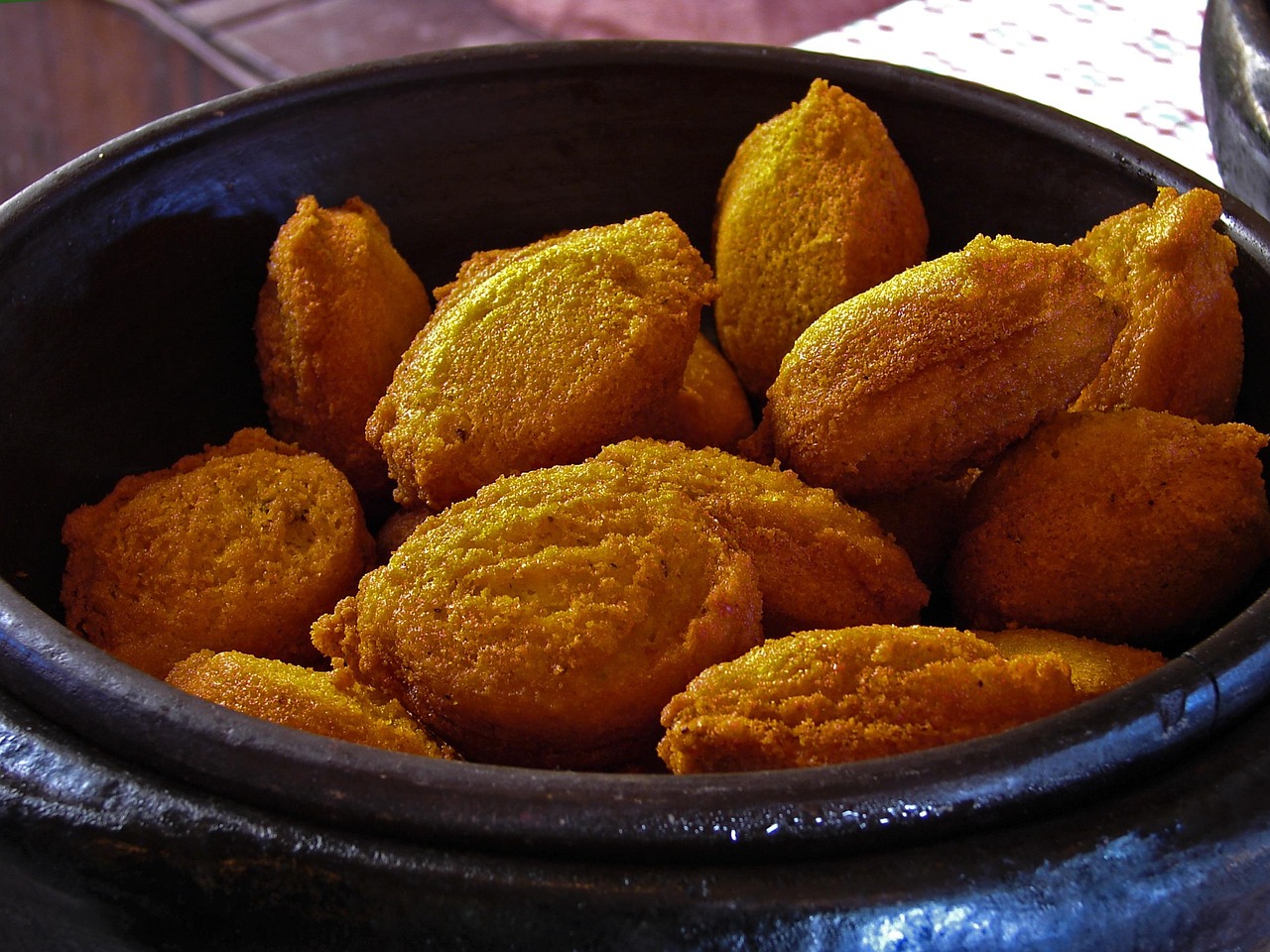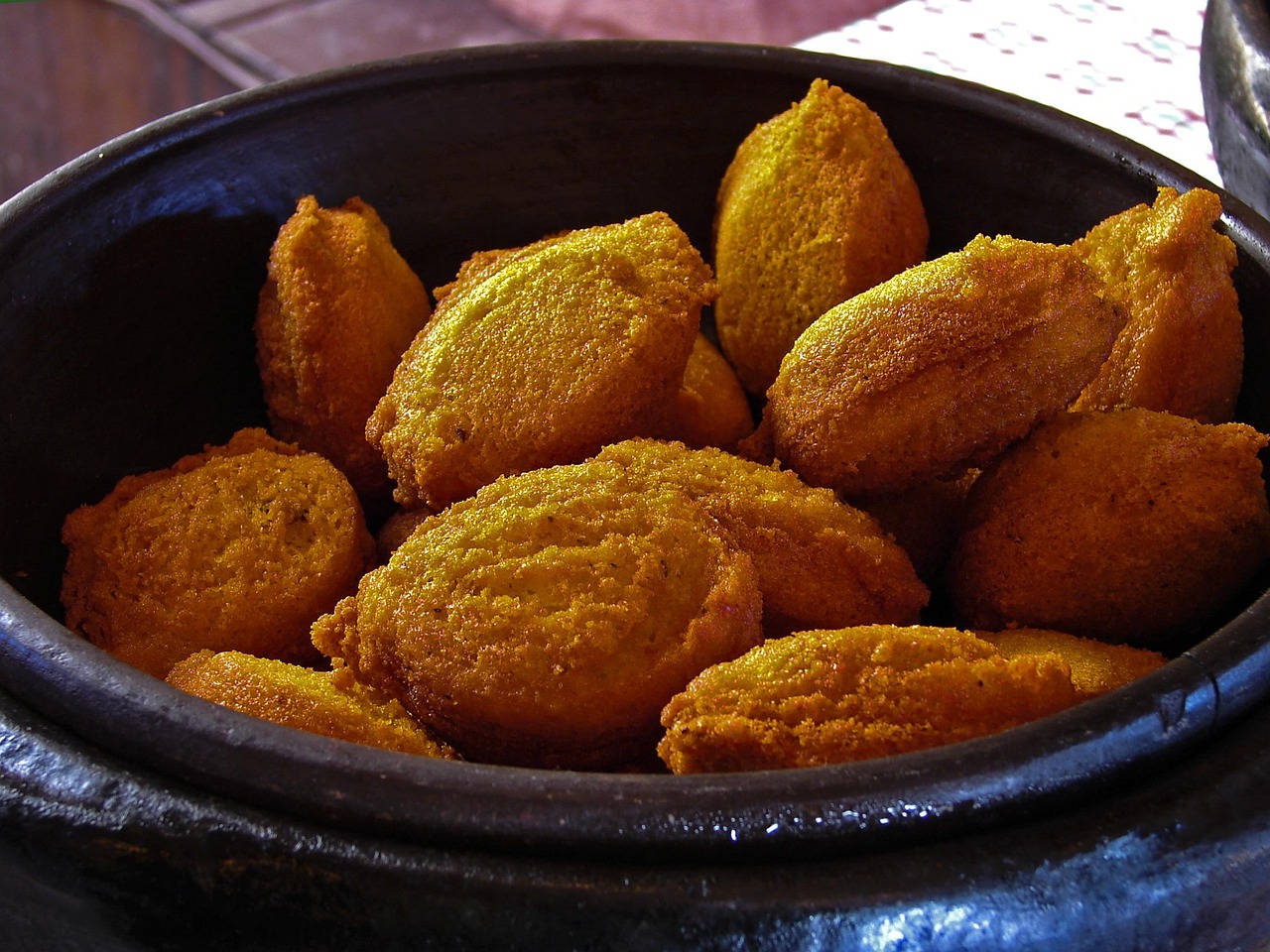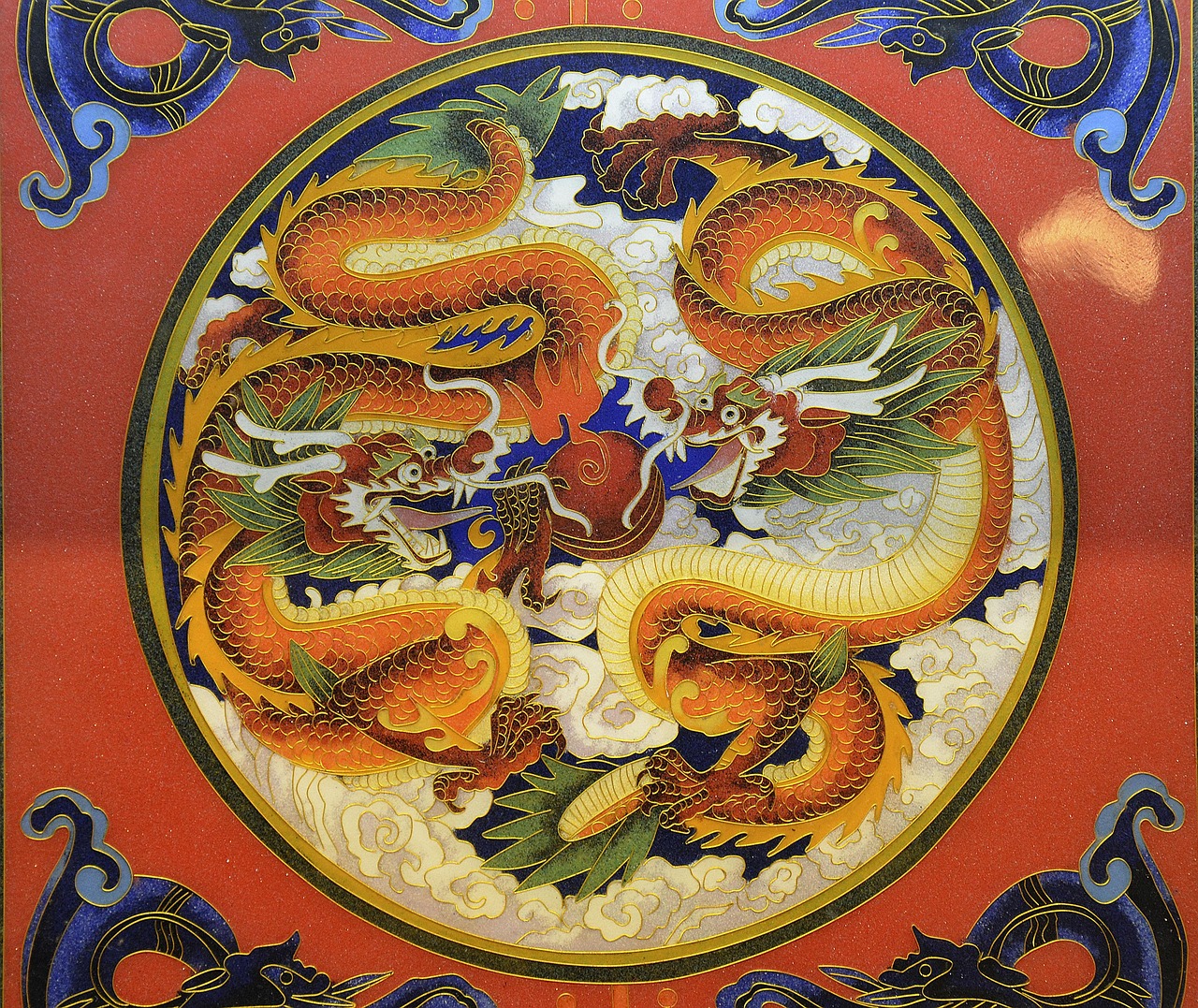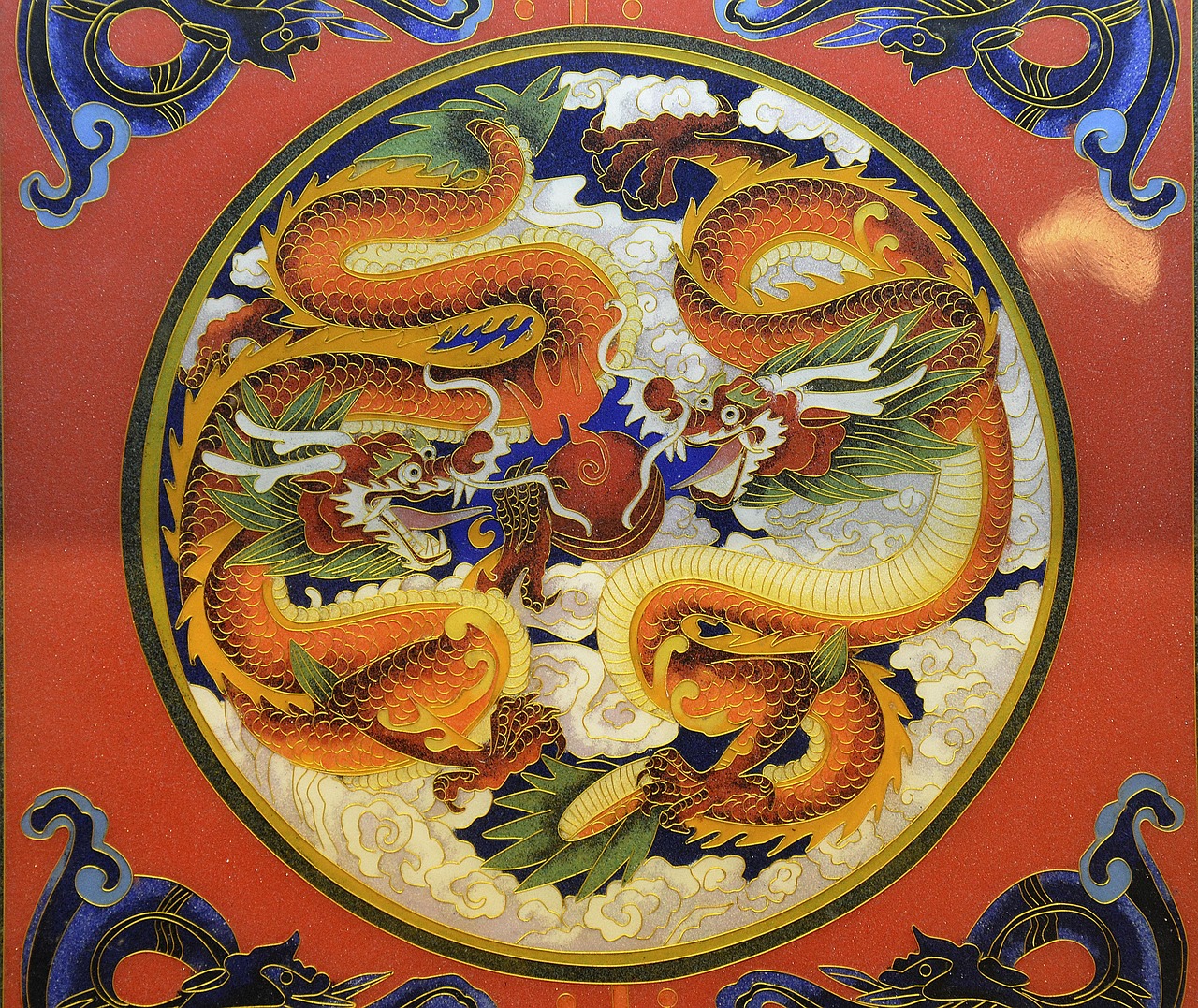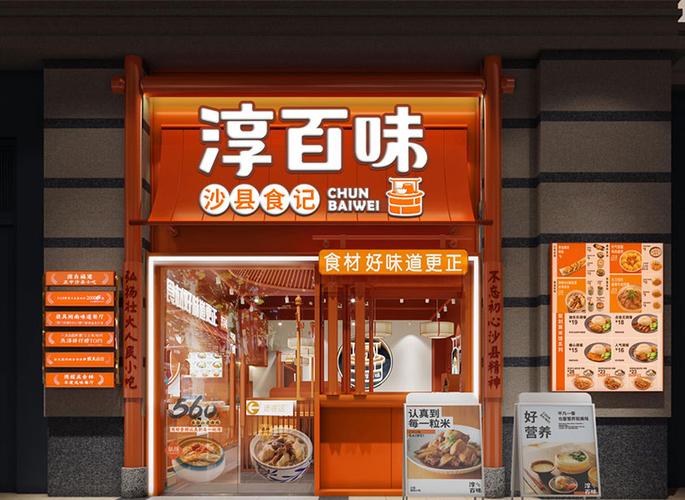Chinese cuisine is a culinary adventure that spans thousands of years and a vast geography, offering a cornucopia of flavors, textures, and cooking techniques that are as diverse as the landscapes they originate from. From the spicy kick of Sichuan peppercorns to the delicate balance of sweet and sour in Cantonese dishes, Chinese food is a symphony of tastes that has captivated palates worldwide.
Imagine a vibrant tapestry, each thread a different ingredient, each stitch a unique cooking method. This is the essence of Chinese cuisine, where the art of cooking is as much about presentation as it is about flavor. Take, for instance, the famous Peking Duck, a dish that requires meticulous preparation and roasting to achieve its crispy skin and succulent meat. It's a dish that exemplifies the patience and skill inherent in Chinese culinary traditions.
The diversity of Chinese cuisine is as vast as its geography. In the north, where winters are harsh, hearty dishes like hot pots and dumplings are staples, providing warmth and sustenance. In contrast, the south boasts a lighter, more seafood-focused cuisine, with dishes like steamed fish and dim sum reflecting the region's coastal influence.
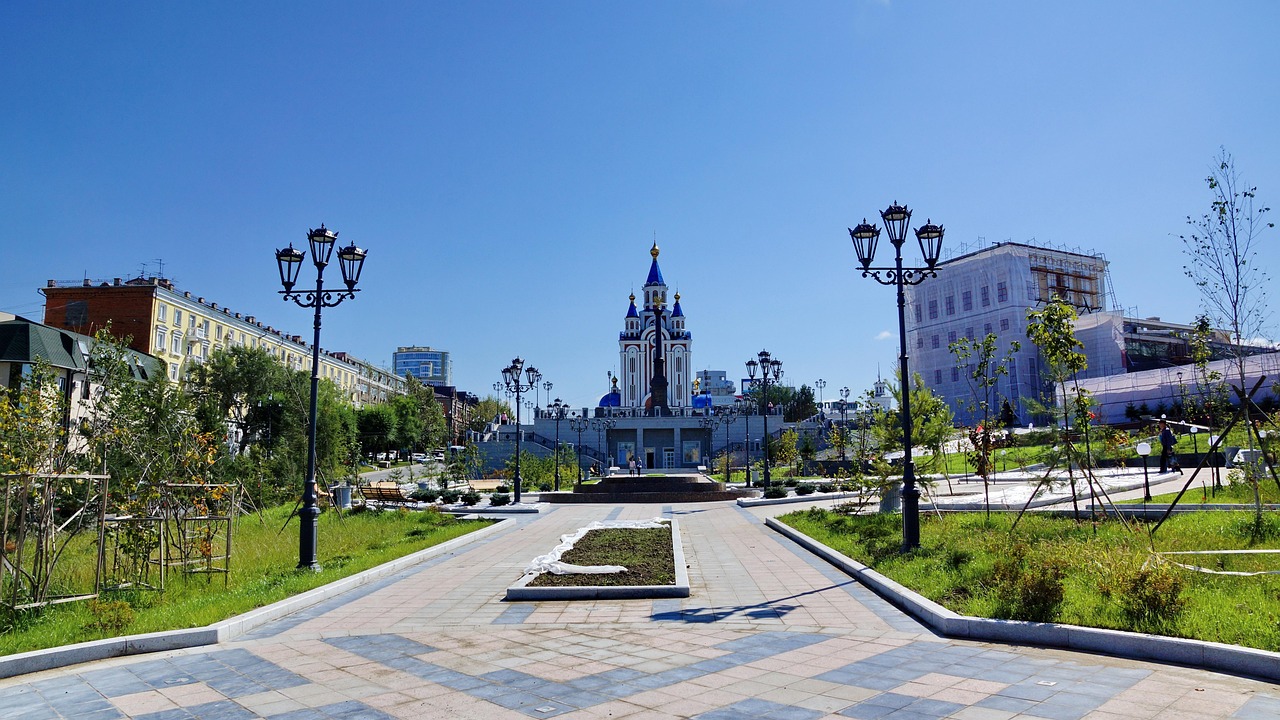
One cannot discuss Chinese cuisine without mentioning the importance of rice. It's not just a staple food but a canvas for a myriad of dishes, from the simple yet satisfying fried rice to the more complex congee, a comforting rice porridge often enjoyed for breakfast or as a late-night snack.
Chinese cuisine is also deeply rooted in its philosophy of balance. The concept of yin and yang is reflected in the use of ingredients, with hot and cold, spicy and mild, sweet and sour all coming together in harmony. This balance is not just about taste but also about health, with traditional Chinese medicine influencing the choice of ingredients to promote well-being.
For those seeking adventure, the street food scene in China is a culinary treasure trove. From the aromatic skewers of lamb in Xinjiang to the sweet and tangy braised pork belly in Taipei, street food offers a glimpse into the heart of Chinese cuisine, where flavors are bold and the atmosphere is as lively as the food itself.
In conclusion, Chinese cuisine is a journey through time and space, a journey that every food lover should embark on. It's a cuisine that tells stories, from the ancient techniques of fermentation to the modern fusion of East and West. Whether you're enjoying a home-cooked meal or dining in a Michelin-starred restaurant, Chinese food is an experience that engages all the senses and leaves a lasting impression.
So, the next time you sit down to a Chinese meal, take a moment to appreciate the centuries of tradition and innovation that have gone into creating the dish before you. It's not just food; it's a piece of China's rich cultural heritage, served on a plate.

